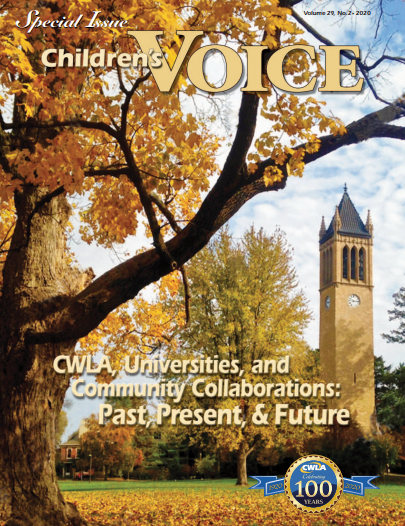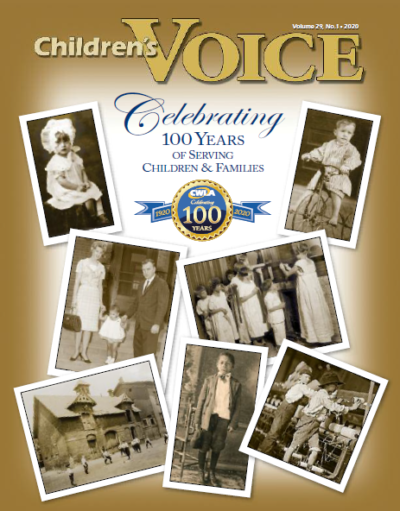Parents as Teachers
Parents as Teachers: Using Virtual Technology in Service Delivery to Children and Families who are Vulnerable Published in Children’s Voice, Volume 29, Number 2 by Eric Clark When the COVID-19 pandemic first began ravaging communities and disrupting the lives of families with young children, Parents as Teachers (PAT), an early childhood home visiting program, moved



